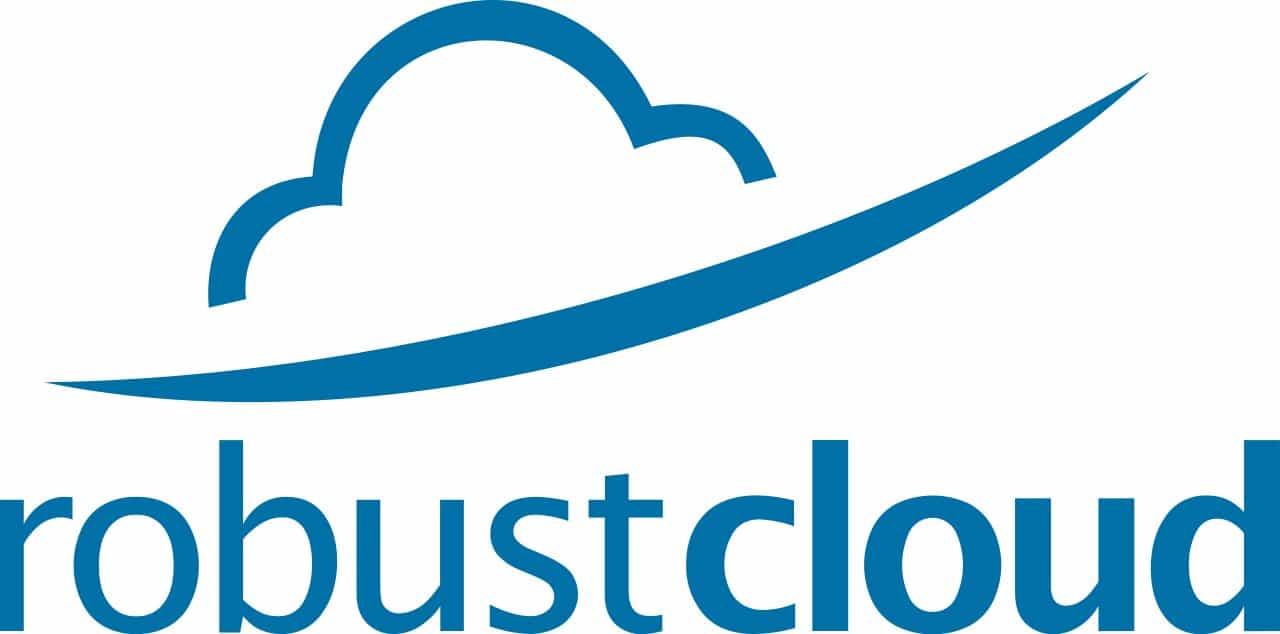Last week I was at the LinuxCon and OpenCloud conference held in San Diego. This conference is filled with relaxed techies to an extent that I felt comfortable strolling around on the last day in shorts and the trendy “The Open Summer” conference t-shirt. One interesting aspect about the conference was that recruiters, not marketers, staffed several exhibit booths. There was also a jobs board outside that was packed with job postings not only from large companies like Red Hat, EMC, Rackspace and Akamai but also start-ups like InkTank, DE Shaw Research and OpenMobile. The battle for talent is real and companies are going to extensive lengths to attract the right candidates to meet their staffing requirements. But to fulfill this adequately and win those new employees, they need an integrated suite of Human Capital Management (HCM) suite of products.
That observation leads me to IBM’s recently announced acquisition of Kenexa. With this purchase, IBM is getting into the HCM application space in direct competition with Oracle who acquired Taleo, Salesforce who acquired Rypple and SAP who acquired SuccessFactors for similar reasons. Demand for solutions in this space is also increasing due to the entry of millennial candidates into the workplace who are likely to look for job satisfaction in addition to typical benefits, likely to re-locate if they find the right position and also are very social. All these characteristics bring different expectations of HCM solutions by enterprises to cater to a different expectation of the workplace. In other words, in Kenexa, IBM picked solution focused on an area with a significant projected worldwide demand growth, as candidates are growing pickier in choosing an employer.
Many recent IBM acquisitions have been based on leveraging analytics to offer customers better business intelligence and outcomes. Analytics is very useful but the capability is best leveraged when combined with a business domain. Analytics is a key play in the application space as decisions made based on application data offers significant value through improved outcomes from those decisions. In addition to its growing portfolio of analytics offerings, IBM expects its social technology investments to enhance the value of Kenexa to customers.
In a global environment, numerous companies inhabit several geographies covering multiple product lines but they also tend to work in silos. Lack of the ability to identify & leverage skills that often are spread across an organization, make it difficult for companies to harness combined corporate knowledge. If IBM can implement a Kenexa-based solution leveraging social networking and analytics to solve this problem, it could provide significant value to customers.
There are several challenges to IBM in this acquisition:
- Education of sales organization: Kenexa seems to have a good connection with HCM business owners while IBM typically are strongly aligned with the IT organization. IBM will have a challenge in educating their client representatives on the value Kenexa brings to their customers.
- Ecosystem overlap: There are several areas of overlap. Saba, an IBM partner, plays in the HCM space and it would be a challenge to maintaining the partnership.
- Product Integration: Other than integrating analytic and social products into the Kenexa suite of products, IBM acquired WorkLight for mobile capabilities and it would be important for Kenexa to start leveraging the Worklight platform in their mobile offerings.
Though Kenexa has not made money (while profitable on non-GAAP basis) in recent years, similar to other past IBM acquisitions, Kenexa plus IBM should equal the considerable value of integrated solutions. Once integrated into IBM, it will be impossible to tell if the Kenexa deal was officially profitable. My prediction is that the purchase will enhance other IBM offerings and solutions to the point that competitors like Saba will be acquired due to the value they deliver and their positions in this market.
